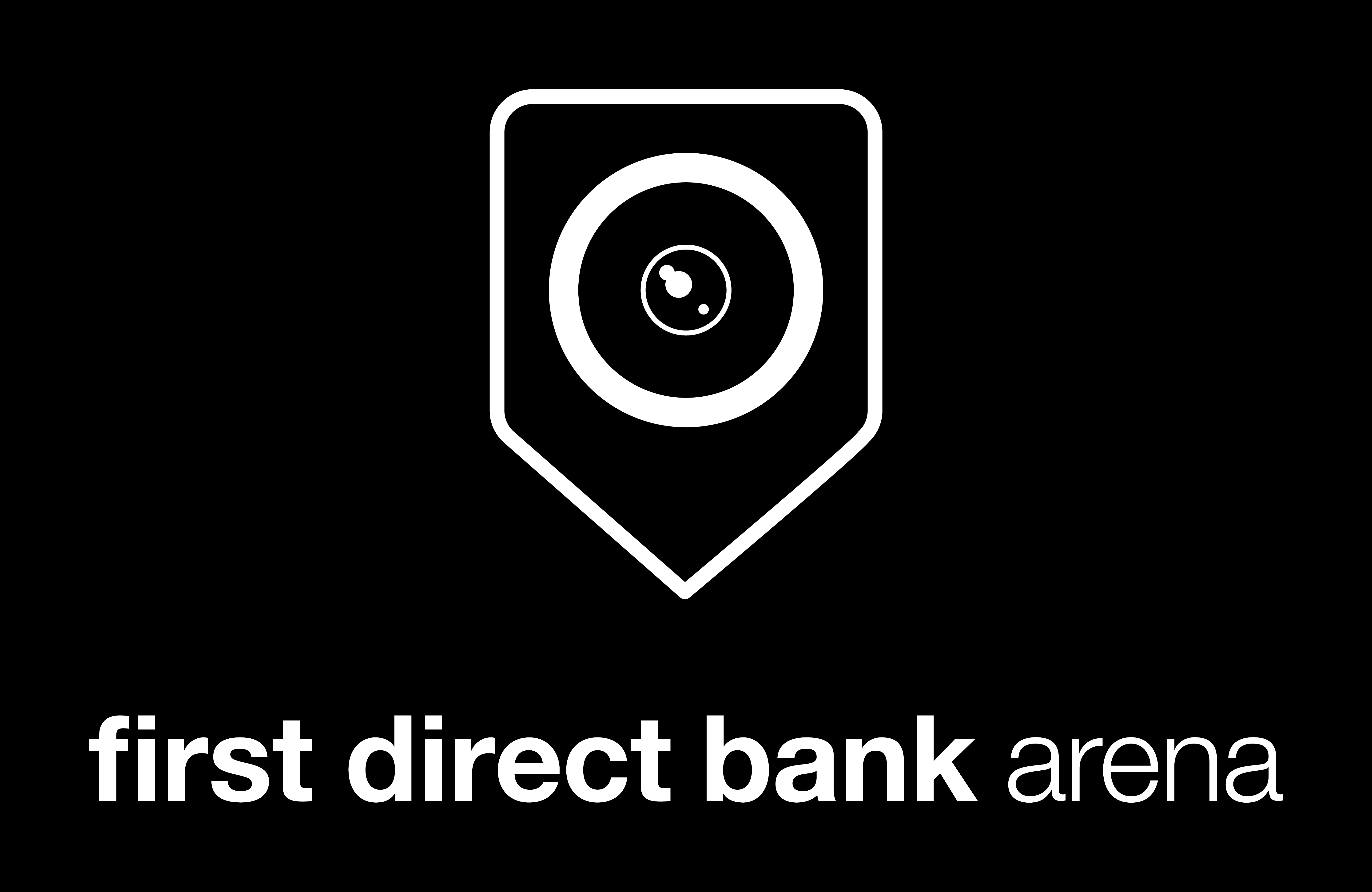With the influencer marketing industry evolving each day, it is becoming increasingly important for brands, agencies and influencers to abide by the rules and regulations of this millennial industry. Recently, the Competition and Markets Authority (CMA) have launched an investigation into influencer marketing, following concerns that social media influencers are not properly declaring when they have been paid to endorse products and services online.
“Social media stars can have a big influence on what their followers do and buy. If people see clothes, cosmetics, a car, or a holiday being plugged by someone they admire, they might be swayed into buying it,” George Lusty, the CMA's Senior Director for Consumer Protection, stated. “So, it's really important they are clearly told whether a celebrity is promoting a product because they have bought it themselves, or because they have been paid or thanked in some way by the brand.” As part of the investigation, the CMA has written to a range of celebrities and social media influencers to gather more information about their instagram posts to 'better understand the nature of the business agreements they have in place with brands'.

Influencer marketing has been under the CMA’s and ASA's radar for a while with brands also raising the issue of influencer fraud. Earlier this year, Unilever's Keith Weed announced at Cannes Lions that the company would not work with influencers who had bought followers on social media. Whilst well known influencers, such as Lydia Millen, has also opened up and discussed her relationship with the ASA with her followers over on her blog this month.
The ASA has welcomed the CMA’s investigation with a spokesperson for the ASA saying: “The issue of ad disclosure in social media and dealing fairly and transparently with consumers/followers is an important one. We launched our call for evidence into online labelling earlier this year as the first part of a project exploring people’s ability to recognise online ads as ads, including by how they are labelled. We’ll be reporting more on this in the autumn.”
As The Blogger Programme helps to facilitate hundreds of successful influencer marketing campaigns, our team takes influencer fraud very seriously. Here at TBP, we go through several practices to ensure that the influencers we are working with have a genuine following and engagement, as well as make sure that they are declaring their collaborations appropriately with brands.
1. Profiling
It has become apparent that influencers and celebrities are increasingly becoming a key part of businesses marketing strategies, with brands hoping influencers can help them improve their credibility and reach target audiences to covert to sales. At TBP, we carefully select our influencers using detailed audience insights that match with a brands target market and objectives for their campaign. We then check that these influencers have declared their brand collaborations in the past and discuss the requirements needed when working with The Blogger Programme.
2. Influencer Briefs
Once the influencer has been approved, our team puts together an extensive brief with full campaign requirements along with an approved legal contract. Transparency is key so TBP always ensures our influencers are clear and agree to any disclosures that are needed for the collaboration.

3. ASA Guidelines
Finally, The Blogger Programme ensure that online advertising is clearly labelled or otherwise identified once the post has been signed off and published, so that it is distinguishable from the opinions of the influencers that we work with and to adhere with ASA guidelines.
If you're a brand or agency looking to work with influencers but are unsure or worried about the legal aspects of campaign then get in touch with our team of industry experts today.
TBP x

